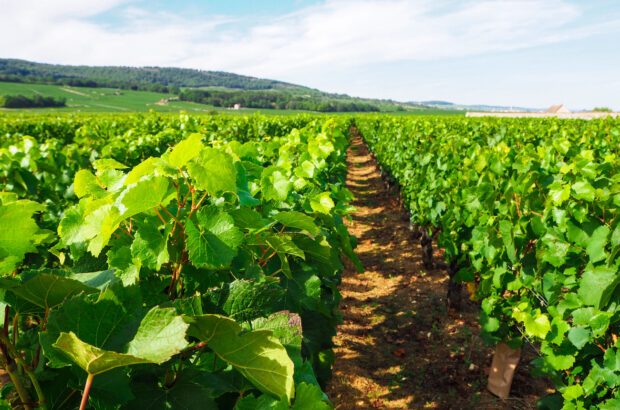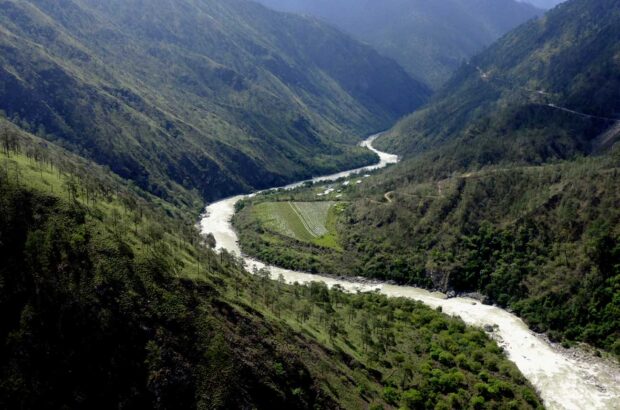drink now
Red Rhone 2000: Drink now
Great in the south, less brilliant in the north
Weather Conditions
After a wet spring, flowering took place early in the north, but both Côte Rôtie and Condrieu reported some hail damage. July was quite cloudy but hot dry weather set in during August and, despite heavy rain on 21 August, resumed, continuing through September. Harvesting in Crozes-Hermitage began on 6 September, Côte Rôtie on 21 September, and continued until 9 October. In the south picking began earlier as usual, in late August: dry conditions resulted in very healthy grapes with thick skins and high tannin levels.
Best Appellations
This was a particularly successful year in the south, and Châteauneuf-du-Pâpe, Gigondas, and Côtes du Rhône Villages were outstanding, and some wines will rival the magnificent 1998s in quality. The Northern Rhone was not quite on the stellar level of 1999. The exception was Condrieu, which was better than in 1999. Very high yields will not have helped the overall quality in the north, but it seems clear that Côte Rôtie, Hermitage, and Cornas produced many of the top wines.
Best Producers
Too early to say, but producers who have diminished the high yields will have fared best.







